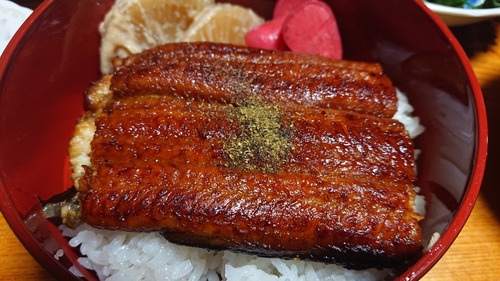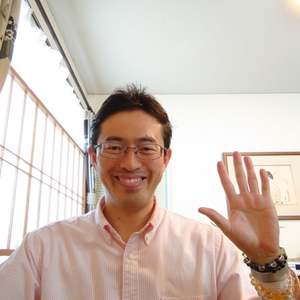

生徒さんからの”ナイス質問”紹介/ Introducing “Nice Questions” from Students
周间主题:
Introducing “great questions” from students!

Ken. K
2025 年 9 月 12 日
わたしの場合、生徒さんからの質問は
主に三種類あります。
①文法
②発音
③日本文化
なぜ、良い質問なのかには理由があります。
・日本語で会話するために必要な表現だから
・他の内容は分かっていて、iregular な箇所
を質問しているから。
・日本で生活や旅行するのに有益な情報だから。
良い質問を継続してできていると、言語能力が向上しやすいと思います。
こちらが例です。
①「ます、です」の違いは何ですか?
「ます、ました」の違いは何ですか?
②日本語をローマ字で表記する時に、
子音はどう読みますか?
「nn」は、どう読みますか?
③沖縄に数か月滞在するつもりなのだけど、
沖縄と日本の料理はどう違いますか?
わたしの場合は、レッスンごとにテーマを持っているので、そのテーマを理解するための質問は、とても重要だと感じます。
ですが、講師が一通り説明した後に、分からないことがあるのなら、質問しても良いと思います。講師も生徒さんの反応をみながらレッスンをします。生徒さんの理解度を知るためにも生徒さんからの質問は、とても大切だと思います。
お読みいただきまして、ありがとうございます。
In my case, questions from students
fall mainly into three categories:
① Grammar
② Pronunciation
③ Japanese Culture
There are reasons why these are good questions:
・They involve expressions needed for conversation in Japanese
・They focus on irregular points while the rest is understood
・It is useful information for living or traveling in Japan
I believe consistently asking good questions makes it easier to improve language skills.
Here are some examples:
① What's the difference between “ます” and “です”?
What's the difference between “ます” and “ました”?
② When writing Japanese in romaji,
how do you pronounce consonants?
How do you pronounce “nn”?
③ I plan to stay in Okinawa for several months.
How does Okinawan cuisine different from Japanese cuisine?
In my case, since I have a theme for each lesson, questions that help understand that theme feel very important.
However, if there's something you don't understand after the instructor has explained it, I think it's nice to ask questions. Instructors also conduct lessons while observing student reactions. Questions from students are very important for the instructor to know the student's level of understanding.
Thank you for reading. Arigatou.
专栏文章仅为讲师个人观点,不代表 Cafetalk 立场。
课程

Ken. K 讲师的人气专栏
-
初心者のときに知っておきたかった3つのこと/3 things I wish I'd known as a beginner
1. 必要(ひつよう)ではない情報(じょうほう)はなくす2. 日々(ひび)、勉強(べんきょう)できる生活習慣(せいかつしゅうかん)を見(み)つける3.レッスンを楽しむ(たのしむ) 1. もう必要(ひ...

Ken. K
07632025 年 8 月 30 日 -
レッスンの裏側ちょっとだけ公開/ One Side Behind the Scenes of Lessons
わたしの設定しているレッスンの時間は 今のところ、15分、25分、50分ですが、 レッスンに向けての準備は毎回しています。 一つは、レッスンの内容の準備です。 生徒さんのレッスンの...

Ken. K
07062025 年 9 月 21 日 -
生徒さんからの”ナイス質問”紹介/ Introducing “Nice Questions” from Students
わたしの場合、生徒さんからの質問は 主に三種類あります。 ①文法 ②発音 ③日本文化 なぜ、良い質問なのかには理由があります。 ・日本語で会話するために必要な表現だから ・他の内...

Ken. K
06752025 年 9 月 12 日 -
現在(げんざい),日本(にほん)では少(すこ)しずつ涼(すず)しくなってきています。日本(にほん)は、特(とく)に夏(なつ)の時期(じき)に湿度(しつど)が高(たか)いです。そして、秋(あき)に...

Ken. K
05382025 年 10 月 16 日

回应 (0)